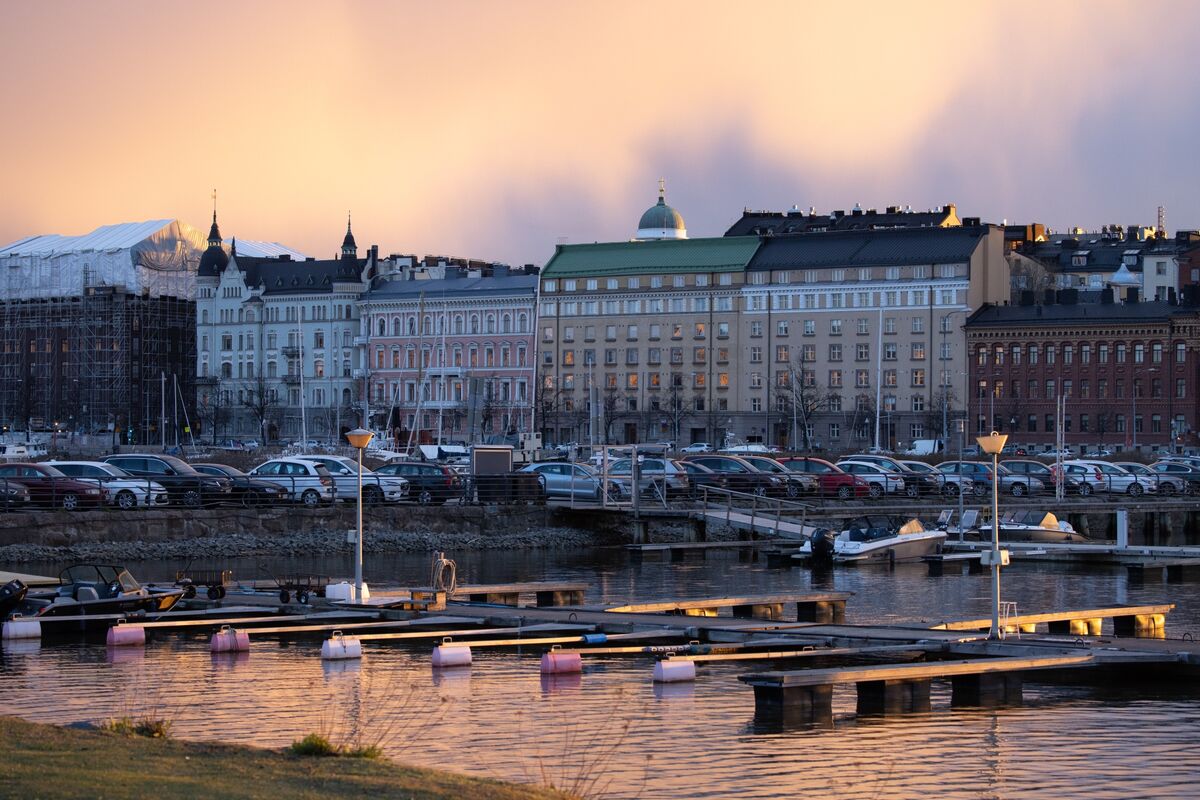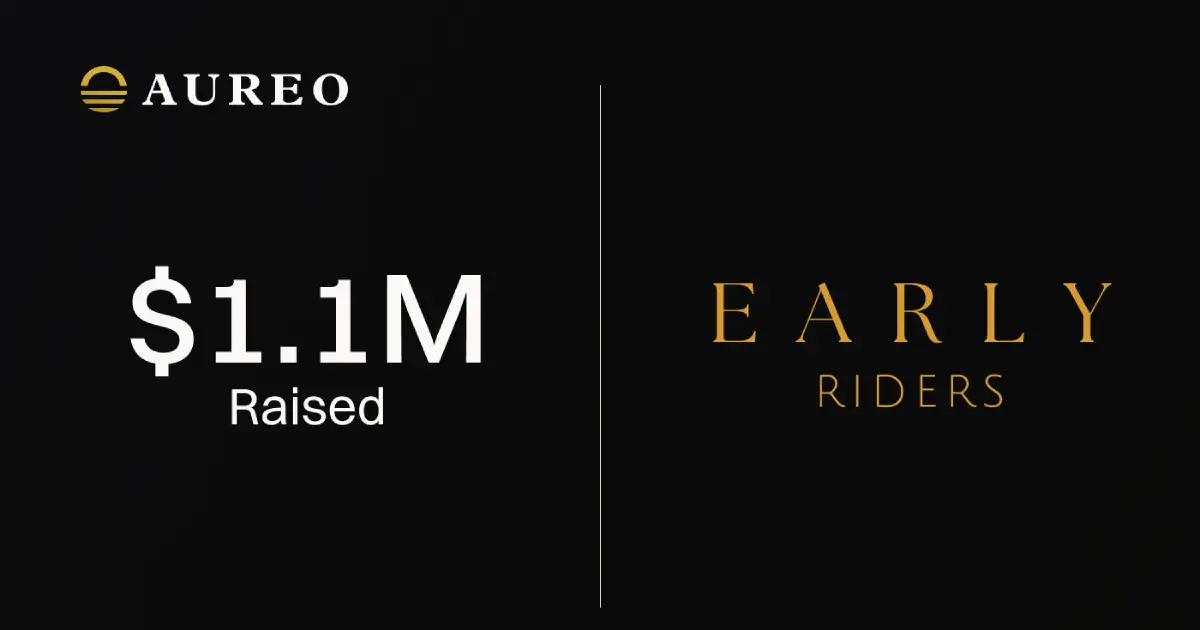Copyright The New Yorker

In 2014, Paul Kingsnorth was sunk in doubt. He was forty-one and had been on the green movement’s front lines since the nineteen-nineties—working for Greenpeace and EarthAction, chaining himself to a bridge, getting tear-gassed outside a G-8 summit. In the course of two decades, he had become one of Britain’s leading environmentalists, and an accomplished novelist, too: “The Wake,” set in eleventh-century Lincolnshire and written in cod–Old English (“When i woc in the mergen all was blaec though the night had gan and all wolde be blaec after and for all time”), was long-listed that summer for the Booker Prize. After twenty years of campaigns, though, he sensed that the movement was going nowhere—and missing the deeper point. Too many environmentalists had “no attachment to any actual environment,” he complained; they talked up the Earth but showed “no sign of any real, felt attachment to any small part of that Earth.” A few years earlier, he had co-founded the Dark Mountain Project to promote what he would call “dark ecology.” Its manifesto declared the fight against climate change lost and a “collapse” inevitable. So, in the same year that the People’s Climate March drew the largest crowds the cause had ever seen, Kingsnorth moved in the opposite direction. He left England for rural Ireland, where, with his wife, who had been a psychiatrist, and their two children, he set about making a new life as a smallholder—planting trees, keeping animals, clearing brambles. He cut grass with a scythe and smashed the porcelain toilet in his house to replace it with one that composted waste. He’s lived there ever since, writing on his Substack, The Abbey of Misrule. In recent years, he has railed against COVID-vaccine mandates, converted to Orthodox Christianity, and fixed on the true enemy: “the Machine.” His new book, “Against the Machine” (Thesis), his first in years, is part summa, part broadside, part testament. “Sometimes,” he notes at the outset, “I feel like I’ve been writing about this thing all my life.” What We’re Reading Discover notable new fiction, nonfiction, and poetry. The Machine is both an old idea and a modern curse. As a metaphor, it whirred to life in the seventeenth century, when Descartes, Hobbes, and Boyle imagined nature as glorified clockwork. Since the nineteen-sixties, it has been a countercultural refrain: we fight the Machine, rage against it, or feel ourselves feeding it. Kingsnorth’s conception encompasses all these modes. He’s talking about the actual devices that chew through the Earth and spit out waste, and also about a machinelike cast of mind: automatic, unreflective, content to produce and consume in an endless cycle. Capitalism, which lubricates the Machine, has fostered a mania for measurement that has steered public policy for decades, reduced our values to financial value alone, and scorned ideas like heritage and tradition—all that we love but cannot count. Kingsnorth speaks, as converts often do, as if the world had left him, not the other way around. In 2022, he told an interviewer that he had once considered himself “a man of the left,” and in some ways still did. Now, though, he treats “progress” as a pseudonym for the Machine and “progressives” as its corporate captives—hence their embrace of “sustainability,” which he sees as a cover for business as usual. Recycling or chasing carbon zero, from his perspective, is as useful as flicking water on a wildfire; it won’t stop mass extinction or climate change. Environmentalists who promote such measures, including his fellow-Englishman George Monbiot, are, in his view, Manchurian figures shilling for “the corporate sector, big NGOs, global institutions.” The two have sparred before. In 2009, they exchanged public letters in the Guardian, circling a question that nags at many eco-minded Westerners: What, in practice, can one do? Kingsnorth accused Monbiot of offering a false choice: either “Liberal Capitalist Democracy 2.0,” the status quo with more solar panels, or “McCarthy world,” in which “The Road” becomes our reality. Neither, he argued, reckoned with the scale of what was coming; we needed to return to our cultural roots, relearn how to live, and accept that fire and flood lay beyond our control. Monbiot called this “a millenarian fantasy” and maintained that faith in political action was a duty—life must go on. The rift was metaphysical. Kingsnorth may be right that Monbiot is a Machine man, intent on twiddling levers to save the world, but, by that standard, so is anyone who makes any green choice at all. That is the lure, and the hazard, of Kingsnorth’s position: it tends toward the absolute. In his new book, the Machine is also “the technium,” a term he borrows from the techno-optimist Kevin Kelly for the impersonal, unstoppable force technology has become. It reshapes all values and cannot be reversed. Without abandoning society altogether, there is no escape—and even that dream, Kingsnorth says, is illusory, because the Machine is “a tendency within us,” assembled with our own blood and sweat. In lamenting that tendency, Kingsnorth joins a chorus as old as civilization. Cities, machines, modernity rise; the countryside, the old ways, tradition decline. Socrates warned that writing, a mechanical act, might weaken memory, a creative one. Virgil linked the destruction of pastures to moral decay—“right and wrong are tangled up; the world is drowning in war; evil takes all kinds of forms; and the plough is no longer a thing of honour”—which is a line that could sit without strain in “Against the Machine.” Jefferson, Hogg, Blake, Thoreau: with the Enlightenment, the objectors multiplied. For Kingsnorth, the Industrial Revolution marked the point of no return. What was once anima, a spirit or soul, became techne, a resource. Playing gods, we turned our backs on the Earth. It is, in his account, the Fall—or, in secular terms, human history as tragedy, a swan dive into the dark. Kingsnorth’s break with the green movement, after years of being one of its most visible foot soldiers, cost him. Since the twenty-tens, he has shunned, and been shunned by, the liberal mainstream. A previous Archbishop of Canterbury once quoted his work; now Rod Dreher backs it. Kingsnorth’s attachment to the patriotic concept of “England,” one often claimed by the political right, draws suspicion, but he argues that the left ceded it without cause. His idea of “roots,” indebted to Simone Weil, means the bonds of community, not genetic heritage. He imagines the modern nation-state disassembling into smaller, more anarchic units, despises the “maw of the expanding cities,” and tells us, via Lewis Mumford, that Plato thought a city should be small enough for one voice to address it. He wants to reclaim “parochial”—what’s wrong with parishes? The icons in “Against the Machine,” from Aldous Huxley to Jacques Ellul, tend toward communitarian, class-conscious, small-“C” conservatism, albeit illuminated with a touch of the transcendent. With a few edits, the book could pass for an anarchist tract; with a few more, for the work of a Christian ascetic. Before it can be either, though, there are swaths of nonsense to scythe. Kingsnorth claims to abjure the culture wars—“I don’t believe in this conflict, and I won’t send my children to fight in it”—while framing his own culture-war sorties as battles with the Machine. Feminism, he writes, has besieged the “un-Machine-like family unit.” (“Why should a child not have three fathers?” is, he claims, a serious question of the moment.) Mass migration, he warns, puts “the natives . . . on the path to minority status,” even as the migrants are excluded from the “national story”—a story that, thanks to the ruling élites, is now being “dissolved” anyway. (This is both confused and not how stories work, but never mind.) “Population” appears in his prose shadowed by “growing,” “mass,” and “vast,” as if it were a pestilence. One wonders what he thinks should happen to these human beings. Perhaps they are beyond help. Perhaps the rest of us are, too. He writes as if modern Britain were run by the Khmer Rouge: Patriotism, Christianity, cultural conservatism, sexual modesty, even a mild nostalgia for the English countryside or a love of once-canonical novels: all are more or less verboten, and the attitude towards them is rapidly hardening. Until recently simply giggled at or patronised, these kinds of views in the 2020s may see you labelled a “white supremacist,” or the more general but still-lethal “hater.” From where I sit—in Britain, working in the media, talking to people on the left and the right—none of these enthusiasms are marginalized. If anything, they’re widely endorsed. Even among the young, whom Kingsnorth calls “lost, confused and very-online,” plenty relish the countryside, read classic novels, and, yes, go to church. (Church attendance in England and Wales has risen in recent years, with worshippers aged eighteen to twenty-four outnumbered only by the elderly.) For a digital skeptic who warns that “the net” and “the web” are “things designed to trap prey,” Kingsnorth sounds extremely online. What’s strangest about the fist-shaking is how unnecessary it all is. As with M.I.A.’s theories about 5G or Alice Walker’s fondness for David Icke, the rest of the work can stand without it, whatever the creator—and the detractors—believes. The deeper provocations of “Against the Machine” are worth hearing, however gloomy. Kingsnorth is surely right that public life has been overtaken by a narrow fixation on data and measurement. I doubt that “sustainable” living can save us; if I had a plot of land, I might try beekeeping and the composting commode. And who can deny that many technologies of convenience, from DoorDash to ChatGPT, sever us from skills fundamental to who we are, or were? Yet the question remains: What is to be done? Suppose you accept Kingsnorth’s framing. You’re not merely “climate anxious,” dutifully recycling and turning off lights; you sometimes feel doomed. You warily eye the spread of QR codes, data-harvesting apps, the creeping necessity of a smartphone to do anything. You agree that the Machine is to blame. None of this tells you how to fight it, or how to reclaim your better nature. Here, even the great anti-technologists have stalled. Lewis Mumford urged us to change our “personal desires, habits and ideals”; Jerry Mander, to treat every new device as “guilty until proven innocent”; Neil Postman, to become “loving resistance fighters” who keep “an epistemological and psychic distance” from technology. All, like Kingsnorth, named the enemy “the Machine” and were acute critics of modern life well before the digital age. But they preferred their prescriptions to be dispensed at home. Politics, it seemed, was futile, since the Machine was still sovereign. It remains so, more securely than ever. Kingsnorth leaves us in much the same place. He borrows from the imperial Chinese classification of the Li people, dividing the “cooked” from the “raw”—or those “barbarians” admitted to the fold but kept at arm’s length from those beyond the state’s reach in their mountain caves. We should see ourselves, he suggests, as barbarians in a Machine-run world—using technology reluctantly, rejecting it when we can. But the goal feels remote. Few of us, as he concedes, can hope to be raw. He himself needed the internet and a laptop to write this book, which makes him pretty cooked. And there’s no obvious way out. Even rural Ireland has, for centuries, been reshaped by technology, transformed by one generation after another; it’s a product of the enclosure system that he condemns as “Machine modernity.” He acknowledges plenty such tangles, but, when a metaphor covers everything we do, it risks meaning nothing at all. This book may not be the one Kingsnorth truly holds in his heart. I suspect that he yearns for an answer big enough to eclipse the Machine and wants us to look past this life to the next. That was the stance of Jacques Ellul, another Christian anarchist. Yes, Ellul said, we must reject a society devoted to efficiency and rationalism, and shun technology wherever we can, but that will never be enough. We must also restore our pointless, glorious bond with God. Kingsnorth’s longing for the old bond with nature as anima is not so different. Yet if his true counsel is to head to church and pray for the New Jerusalem—ironically, a celestial city—he never quite says so. Instead, he insists that “to liberate ourselves . . . we simply have to walk away from the Machine in our hearts and minds.” In truth, nothing could be less simple, not here at the end of the world. We can’t walk away when there is no “away.” The Virgilian choice—the plough or the city, the field or the forum—has never been a real one. Everything happens, for good or ill, in the overlap. ♦



